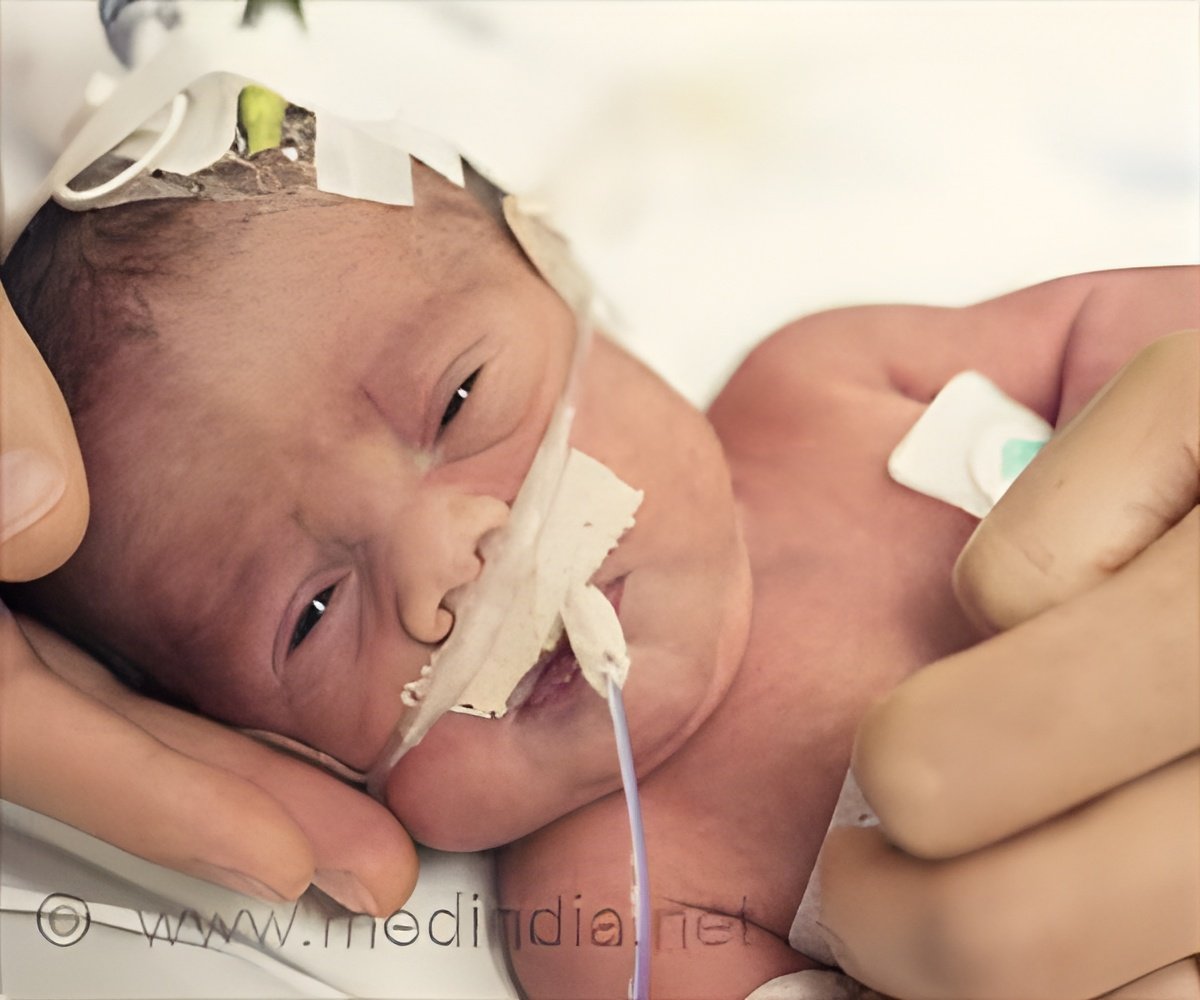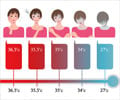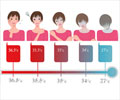Discovering factors that affect hypothermia is analytical to pursuing evidence-based hypothermia care efforts toward at-risk newborns.

‘New-borns of Black and Asian mothers had increased odds of mild hypothermia and even superior odds of severe hypothermia.’





Researchers reviewed electronic medical records of 23,549 infants born at 35 weeks or later and admitted to a children’s hospital-affiliated newborn nursery between 2015 and 2021. The study evaluated all recorded temperatures of hospitalized newborns and classified cases of hypothermia—a condition in which body temperature drops below 97.7°F—as mild (one episode of temperature 96.8-97.5°F) or moderate/severe (two or more episodes of temperature less than 97.7°F and/or one or more episodes of temperature 96.8°F or less). The study found one in five (21.7%) newborns were hypothermic and 21.4% of these were classified as moderate/severe.
The Impact of Hypothermia on Black and Asian Newborns
Both mild and moderate/severe hypothermia were more likely in newborns of lower gestational age, lower weight, and who were both bottle and breastfed. Hypothermia was less likely in newborns born in the late afternoon. Hypothermia in newborns can be caused by environmental factors or can be a sign of illness, like sepsis.“Hypothermia doesn’t only happen in very low weight or premature newborns, but our data and approach to treatment are limited to that population,” said Rebecca Dang, M.D., M.S.Epi, Instructor at Lucile Packard Children’s Hospital at Stanford and presenting author. “Understanding how and why newborns of all gestational ages and sizes experience hypothermia will allow us to provide better, tailored care and address racial disparities made clear by this study.”
Source-Eurekalert









